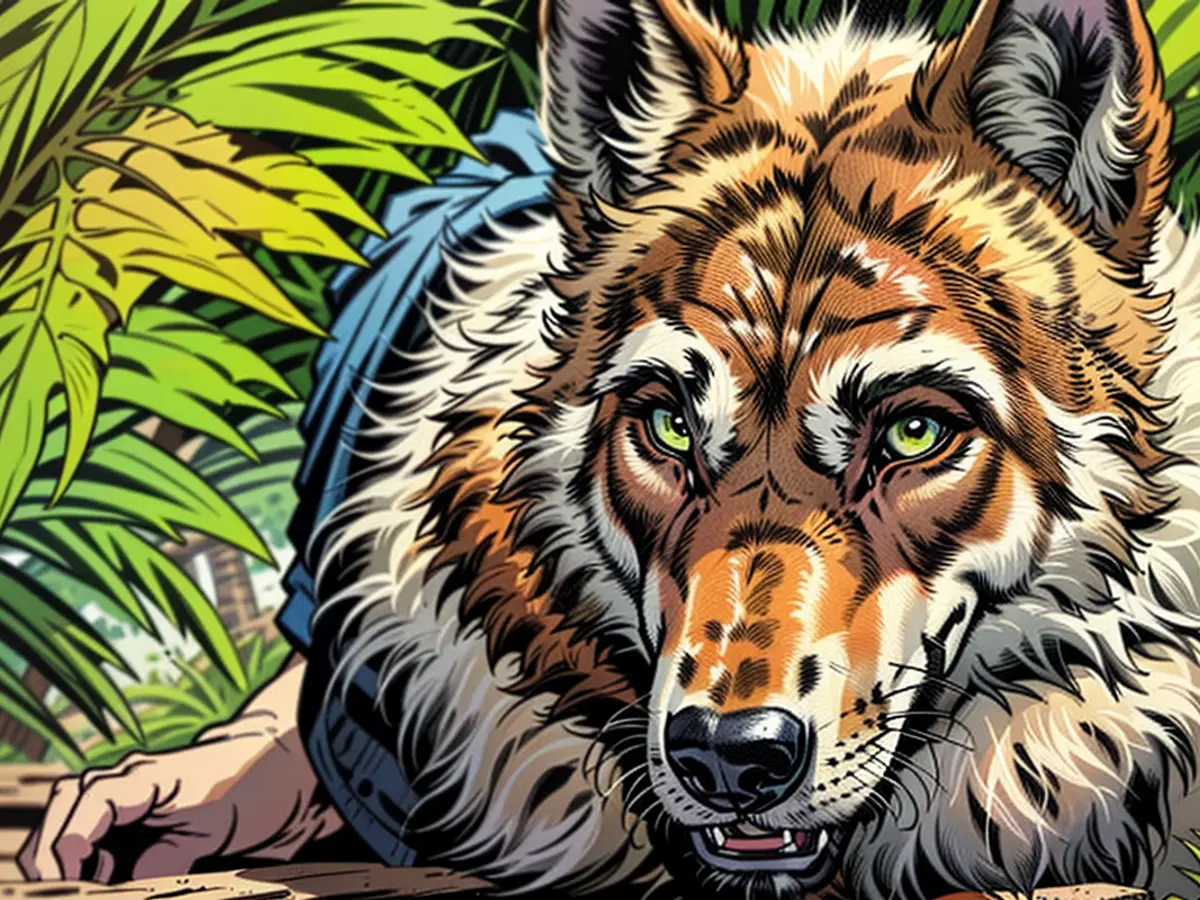Agriculture - Dialogue on dealing with the wolf resumed
At the wolf controversy, farmers and hunters in Lower Saxony on one side and nature conservationists on the other are once again searching for solutions together. In early April, the Action Alliance for Active Wolf Management, which includes livestock farmers and hunters, suspended its membership in the Wolf Dialog Forum of the state government due to a lack of recognition from the government. Now, the talks have been resumed.
"We know that the wolf will stay here, but it also causes problems," said Environment Minister Christian Meyer in Hannover. The state will therefore advocate for improving livestock protection and allowing for quick culling.
Minister sees good conservation status of the wolf achieved
"Our goal is to make rapid culling possible again by the fall at the latest," said the Green politician. In his view, the good conservation status of the wolf has been achieved in Lower Saxony. In addition, livestock farmers for ripped sheep and goats should receive a flat-rate premium - provided they have taken measures for livestock protection. Farmers of cattle and horses should be supported in the construction of fences.
The state government began the Dialog Forum in early 2023. Meyer had stated at the time that the goal was a "conflict-free coexistence of people, grazing livestock, and wolf." Science and municipalities were also to be involved.
Higher administrative court halted culling
The federal and state governments reached an agreement at the end of 2023 on a procedure for faster wolf culling. Previously, after a wolf attack on livestock, a DNA analysis had to be waited for and only the wolf that had attacked the livestock was allowed to be shot. Under certain conditions, culling is now possible without determining the identity of the shot wolf. The state wanted to apply this rule for the first time in the Hanover region. However, several associations went against it. The Higher Administrative Court in Lüneburg eventually halted the approval.
The red-green state government recently announced that around nine million euros would be available in 2025 for compensation for livestock farmers whose animals were killed by wolves, as well as for preventive measures.
- The disagreement over wolf management has brought farmers and hunters in Hanover, part of Lower Saxony, into conflict with nature conservationists.
- Christian Meyer, the Environment Minister of Lower Saxony, expressed concerns about the impact of wolves on agriculture, stating that they cause problems despite their presence.
- In an effort to address these concerns, the state has proposed improving livestock protection measures and implementing quick culling, which has been a contentious issue.
- Amidst this, the Green politician advocated for the conservation status of wolves in Lower Saxony being considered good, suggesting compensation for farmers and support for fence construction as solutions.
- A decision to allow for faster wolf culling in the Hanover region was halted by the Higher Administrative Court in Lüneburg due to objections from various associations.








